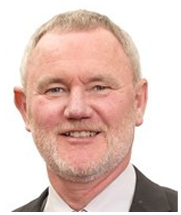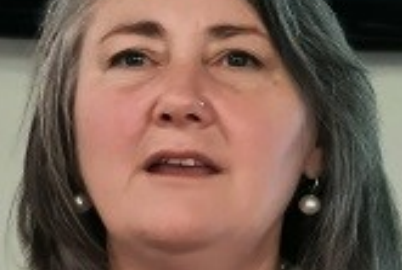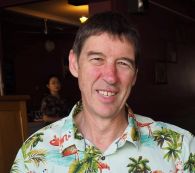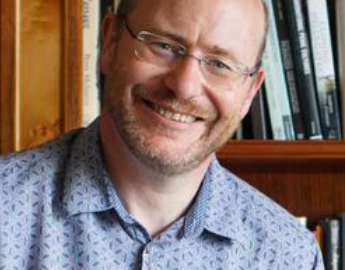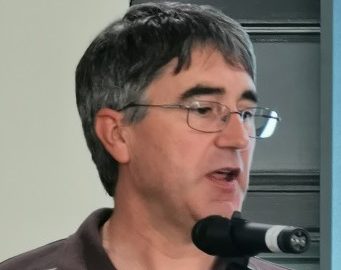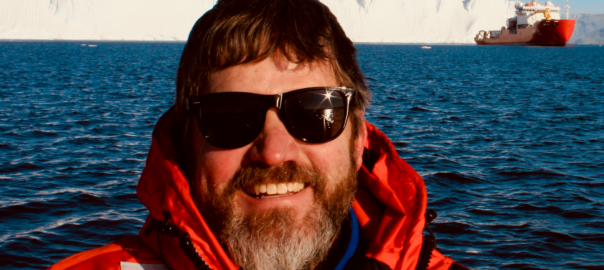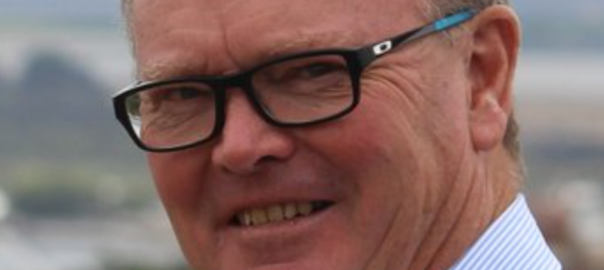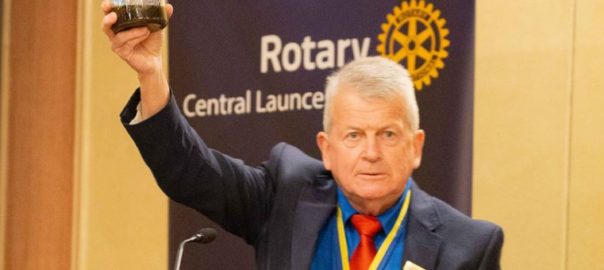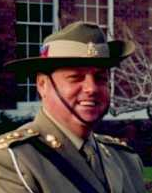Albert informed the meeting of many completed and planned projects and the financial arrangements of the city of Launceston, which now has a population of 68,800 residents.
- The move of UTAS to the Inveresk precinct and the recent opening of the UTAS library, which is available to the general public.
- The planned relocation of the city bus depot and the City Heart Project. The sections of St John Street and Paterson Street have been identified as having huge potential as more people-focused spaces. They link a range of important public spaces, including Civic Square and Quadrant Mall, as well as retail and dining precincts like Charles Street, George Street and the Brisbane Street Mall.
- Riverbend Park. Albert is proud of what has been achieved and of the public acceptance.
- The planned establishment of a sporting complex in the Mowbray precinct incorporating basketball, bowls and golf.
- Improvements to the sewerage system, Tamar Estuary, planned road works, the Launceston Tip And Recycling Centre, Albert Hall and “The Big Plant” project to plant many trees on council land.
